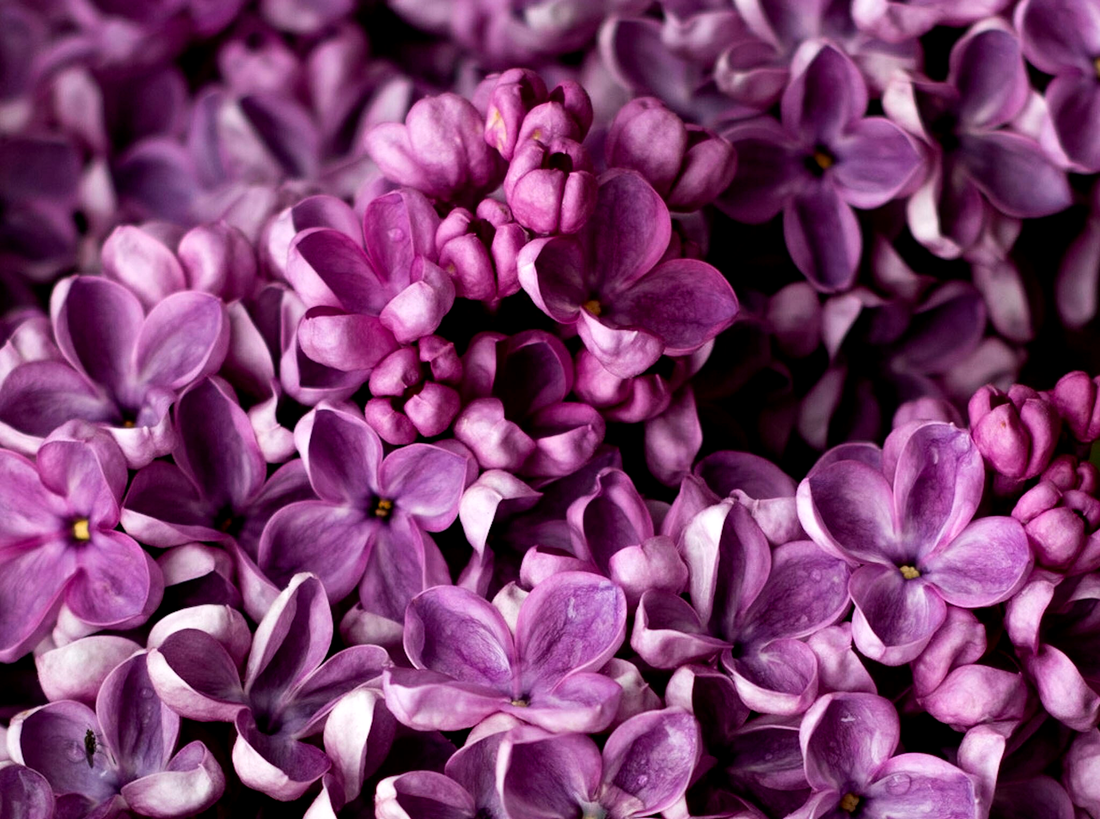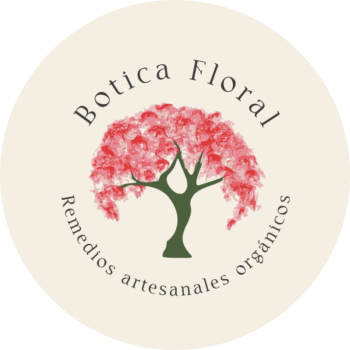
Biodynamic Agriculture
Share
The denomination of "biodynamics" comes from the energies that give life . Its use is limited to the manufacture of organic fertilizers, as well as the concepts of ensuring the health of the earth and its plants, providing healthy nutrition for animals and people.
This cultivation procedure, developed by Dr. Rudolf Steiner in 1924, considers that the orchard, farm or garden is a closed cycle in itself. Seeds for sowing, compost, farmland and animals are all self-produced.
Biodynamic agriculture differs from other types of organic farming in the use of vegetable and mineral preparations as additives for compost and soil sprays, as well as in following a sowing calendar based on the movement of the stars.
Beyond a set of techniques, Biodynamic Agriculture deals with the fundamental principles of nature, balance and healing. In this way, light from the sun, the moon, planets and stars regulate the rhythms of plants, contributing to the life and development of crops.
Analyzing these rhythms well, it is possible to choose the right time to prepare the land, to sow, cultivate and harvest.
Manual labor is essential for the cultivation of plants. Biodynamic farmers sow and harvest plants in harmony with the rhythms of nature, the results are plants full of strength, vitality and healthy.
Mexican sustainable cooperations
We obtain our raw materials, as far as possible, from biodynamic crops or controlled biological crops. We work with many of our suppliers on the basis of pre-arranged fair partnerships. And we support and promote the implementation of biodynamic principles in Mexican crops.
We promote advisory work for our suppliers of raw materials that are implementing biodynamic cultivation or organic farming. This is also where the vital force of our cosmetics is born. From work in Community
Do you want to be part of these cooperations? Click here and join our community: Botica Floral Community
"The health of a group of people who collaborate is greater as long as the individual claims less fruits for himself than what he has produced with his own performance; this means that the more fruits are distributed among the collaborators, the more they can satisfy their own needs. needs, not with one's own performance, but with the performance of others"
-Rudolf Steiner
